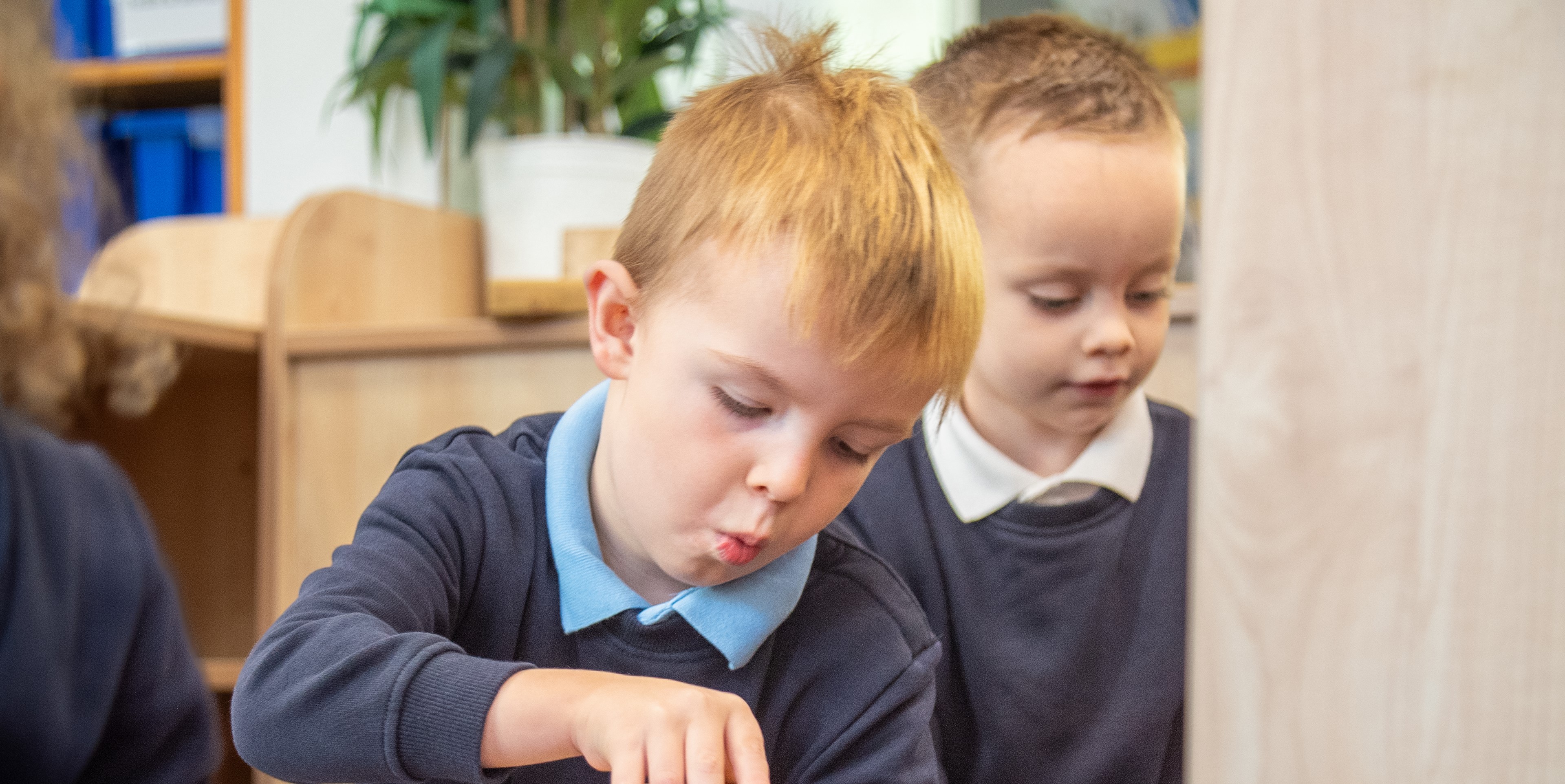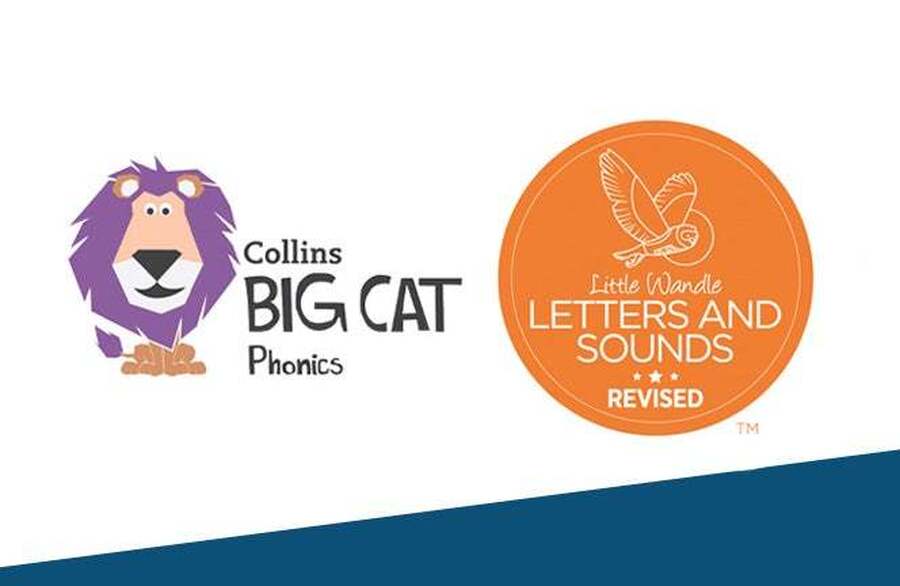
15 hours funded places are taken over 5 morning sessions (9am – 12:00pm) or 5 afternoon sessions (12:00pm – 3:00pm). Parents can pay for additional sessions, subject to availability.
Children in receipt of 30 hours funded entitlement can attend for full days: 9:00pm – 3:00pm.
We have an Early Start option, running from 8:30am – 9:00am, which can be funded through 30-hour entitlements, or paid for as an additional charge.
Please see the grid below, that details charges for any additional sessions taken in addition to funded entitlements.
| Session | Charge |
| An additional morning session (9:00am – 12:00pm) | £15 per session |
| An additional afternoon session (12:00pm – 3:00pm) | £15 per session |
| An Early Start session (8:30am – 9:00am) | £2.50 per session |
If you decide that you want to pay for additional sessions extra to your child’s funded entitlement, you will receive an itemised invoice each half term. We ask that you pay for any additional charges a month in advance.
We teach maths by playing in sand and water (filling and pouring, using language such as full, empty), sorting objects by size or colour and playing with shapes. We sing lots of number rhymes.
Literacy is covered by providing mark making opportunities and exposing children to a wide variety of books and text in the environment. Learning Nursery rhymes is also a key literacy skill.
Physical development is supported by climbing, throwing balls, building, mark making and play dough amongst other activities.
Children are taught PSED (Personal, Social and Emotional Development) by learning to hang their own coat up, encouraging turn taking, playing alongside other children and validating children’s emotions.
Above all communication and language is at the heart of all learning and practitioners use every opportunity to support this by introducing new vocabulary, modelling correct pronunciation, repeating simple language and giving children opportunities and time to speak through play and group time activities.
Our nursery children can often be found looking at books and although they can’t yet read the words they begin to understand that the pictures convey a meaning. Cuddling up and sharing a book with your child develops closeness, bonding as well as language development and understanding of the world.
It’s never too early to start reading with your children – even babies like to hear your voice reading to them!
NHS Best Start for Life has really useful information about how to help your child’s learning and development.
This page on the Tiny Happy People Website has lots of short clips, with tips and advice related to your child’s emotional development.
Language for Life: This site has lots of tips and advice on how to develop your child’s language and communication skills.
Are you having trouble getting your child into a good bedtime routine? Does your child wake through the night and need help to drift back off? Click on this link for lots of useful information.
Click here to go to nursery rhymes and songs found on the Little Wandle Parents Page
